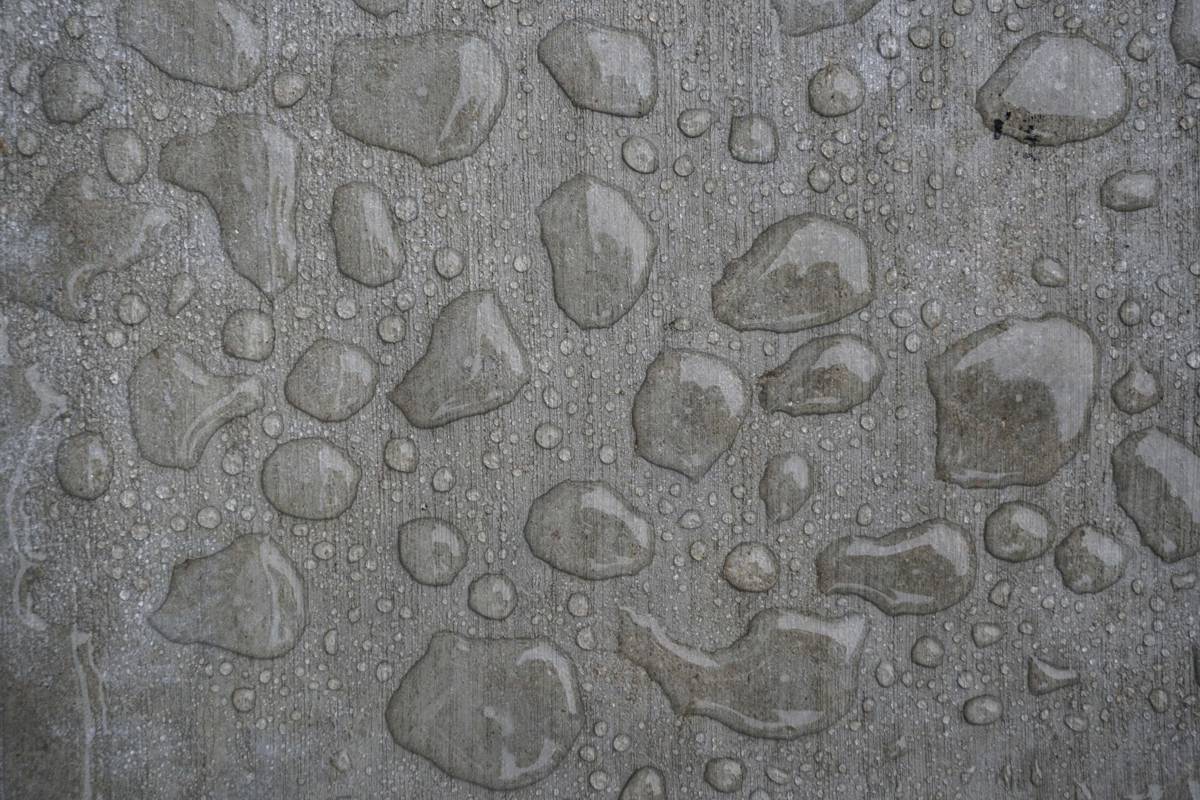MasterChef inspires engineer to cook up a recipe for self-healing roads
Dr Alvaro Garcia, a lecturer with the Faculty of Engineering at the University of Nottingham, has hit on a recipe for success by drawing inspiration from the Spanish version of the popular MasterChef series and come up with an innovative method, which uses sunflower oil to create self-healing roads.
Dr Garcia watched one of the show’s contestants use the spherification technique, which is the controlled jellification of a liquid to form spheres that resemble caviar when submerged in a bath. This is when he lit upon the idea of placing capsules of oil in asphalt, a material used for surfacing roads.
When roads start to crack, the capsules break open and release the oil within, softening the asphalt around it. This helps the asphalt ‘stick’ back together, effectively filling in cracks and preventing small defects from deteriorating further. Dr Garcia who is heading up the research, has named his new ‘recipe’ Capheal – a pioneering, world-leading technology based on microcapsules of sunflower oil, which can be combined in asphalt mixes to improve the self-healing abilities of roads.
Dr Garcia said, ‘Our preliminary results showed that the capsules can resist the mixing and compaction processes without significantly reducing the physical and mechanical properties of asphalt and they also increased its durability. More importantly, we found that the cracked asphalt samples were restored to their full strength, two days after the sunflower oil was released.’
Sunflower oil can reverse the effects of ageing in bitumen used in asphalt by reducing the viscosity of the binder. The microcapsules created by Dr Garcia and his team, help to reduce the amount of other healing agents used because they can be activated in precise areas when required, thus avoiding the need to be mixed up in bulk.
Dr Garcia and his team are based at the Nottingham Transportation Engineering Centre (NTEC), the UK’s foremost university-based research organisation in pavement engineering, infrastructure asset management and sustainability. He estimates that Capheal could increase a road’s lifespan by at least one-third from 12 to 16 years and costs about the same as other additives that are commonly used in asphalt paving. In a report in Auto Express, Alan Mackenzie, the former chairman of the Asphalt Industry Alliance (AIA) said, ‘Our local roads are an asset worth in excess of £400 billion but, at present, less than one percent of their value is being spent annually on maintenance.’ The AIA’s 2017 ALARM survey showed that a total of 1.7 million potholes were filled on local authority roads in England and Wales during 2016. Based on these figures, it is estimated that Capheal could potentially reduce the annual costs for major road repairs by £260 million per annum.
Speaking about the advantage Capheal offers over other self-healing technologies, Dr Garcia said, ‘I previously worked on developing self-healing roads in the Netherlands and Switzerland that featured metal fibres. An induction heater would pass over the surface to melt the bitumen and fill in cracks in the roads, but the problem with that is you need a large machine, which is expensive and requires a road to be closed to traffic.
‘We needed a different way to create self-healing roads – without the use of an external aid, so I decided to design capsules containing oil that can break by themselves when the mechanical loading on a carriageway caused it to crack.’
At present, the NTEC team is refining the geometry of the microcapsules to better understand how they degrade over time. They will go on to develop capsules with varying degrees of strength to see how they perform under different types of stresses to determine their suitability for a range of asphalt mixes and traffic conditions. The team is also looking into recycling cooking oil to reduce the viscosity of binders in asphalt.
This research project is being funded by Highways England, a government-owned company which operates, maintains and improves England’s motorways and major A roads. Senior Pavements Advisor Robin Griffiths said, ‘We know road users want good quality road surfaces, with fewer potholes and not as many road works disrupting their journeys. This self-healing technology could give them that and offer real value for money.
‘So far the Nottingham University research we have funded is showing real potential in how easy it is to mix and apply, as well as being sustainable and environmentally friendly.
‘Now we have to test the material on small patches of road, to see how it copes with the stresses and strains of daily traffic and the British weather. The safety of the travelling public will be integral as we take this work forward with the University.’
NTEC’s team is near the end of the initial stage of the project with the successful completion of laboratory tests and pilot trials. After this, Highways England will test bed Capheal on carefully selected sections of a road during planned overnight maintenance work. This will be followed by a monitoring period of about 12 to 24 months to determine Capheal’s level of durability and endurance.















